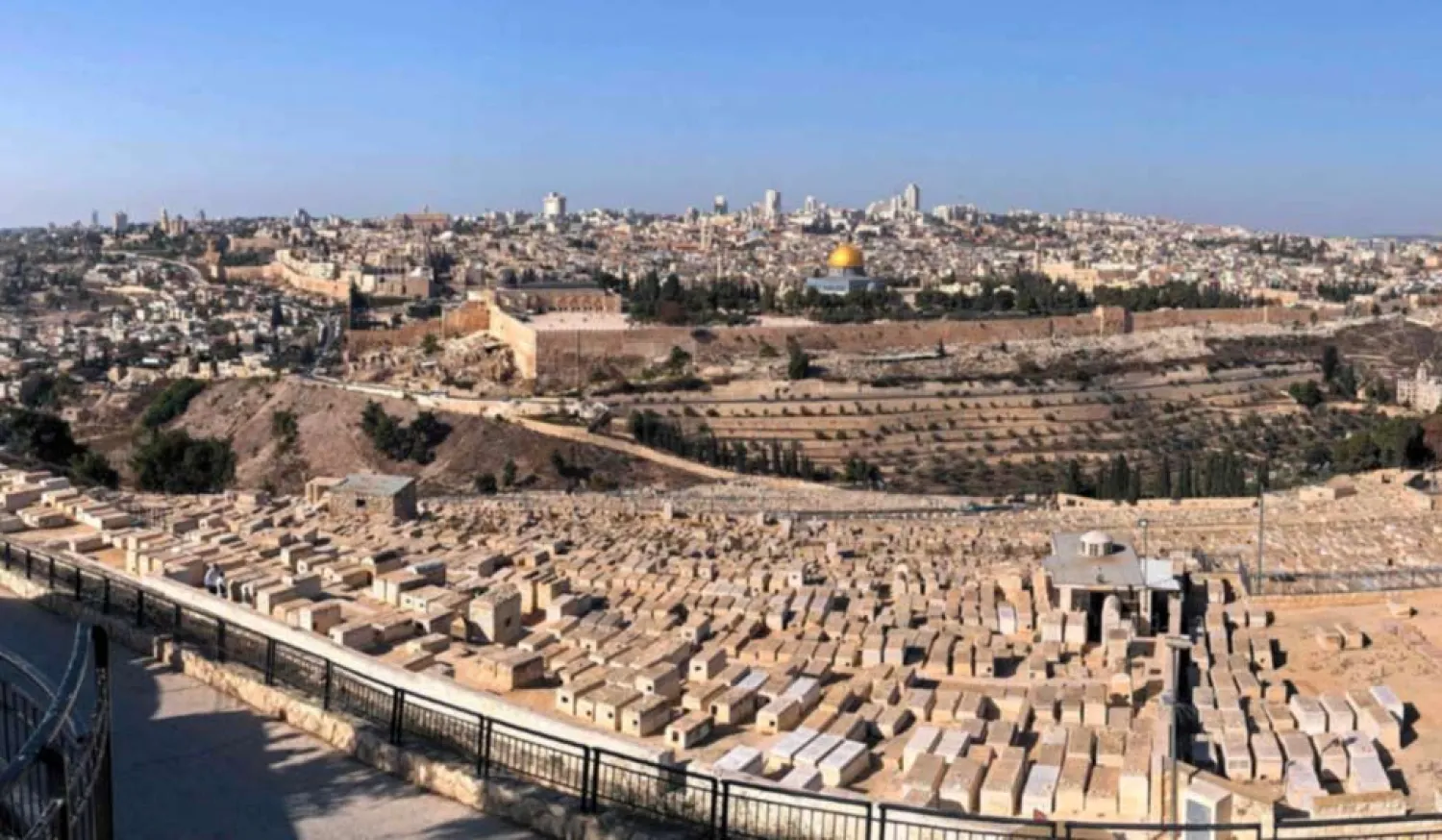Jordan has warned of "grave consequences" if US President Donald Trump decides to recognize Jerusalem as the capital of Israel, as the Arab League chief said any such move would boost fanaticism and violence.
Jordan’s Foreign Minister Ayman Safadi told his US counterpart Rex Tillerson by phone Sunday that it was "necessary to preserve the historical and legal status of Jerusalem and refrain from any decision that aims to change that status", official Petra news agency said.
Trump's son-in-law and Middle East peace envoy Jared Kushner said Sunday that the president was close to a decision on whether to recognize Jerusalem as Israel's capital.
Palestinian leaders are lobbying desperately against such a move.
Safadi warned of "grave consequences of any decision to recognize Jerusalem as the capital of Israel given the city's special religious, historical and national status -- not just for Jordanians and Palestinians but across the Arab and Muslim worlds".
Jordan's top diplomat said such a move would damage American efforts to revive peace talks between Israel and the Palestinians, warning it could "push the region towards more tension".
Safadi called for emergency meetings of the Arab League and the Organization of the Islamic Conference to "discuss how to deal with any American move to recognize Jerusalem as the capital of Israel".
On Monday, Trump must decide whether to sign a legal waiver that would delay plans to move the US embassy from Tel Aviv to Jerusalem for another six months.
The status of Jerusalem is a key issue in the Israeli-Palestinian conflict.
Both Israelis and Palestinians claim the city as their capital and previous peace plans have come unstuck over debates on whether, and how, to divide sovereignty or oversee holy sites.
"It is unfortunate that some are insisting on carrying out this step without any regard to the dangers it carries to the stability of the Middle East and the whole world," Ahmed Abul Gheit, head of the Arab League, told reporters in Cairo on Sunday.
Abul Gheit said the Arab League is closely following the issue and is in contact with the Palestinian authorities and Arab states to coordinate the Arab position if Trump takes the step.
"Nothing justifies this act... it will not serve peace or stability, instead it will nourish fanaticism and violence," said Abul Gheit.
The move would "benefit only one side, which is the anti-peace Israeli government," he told reporters.









